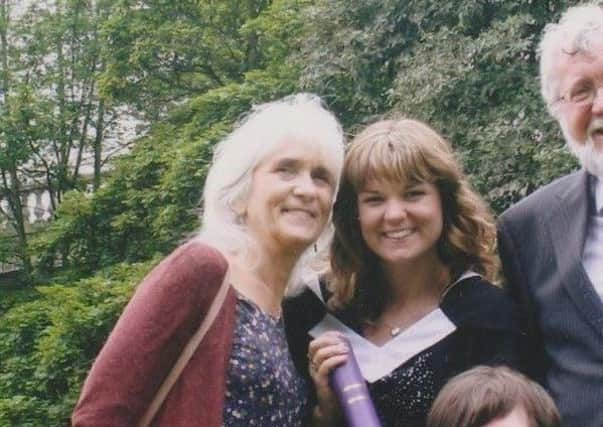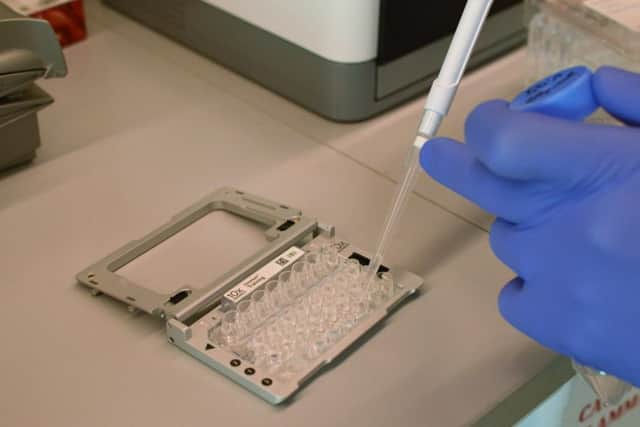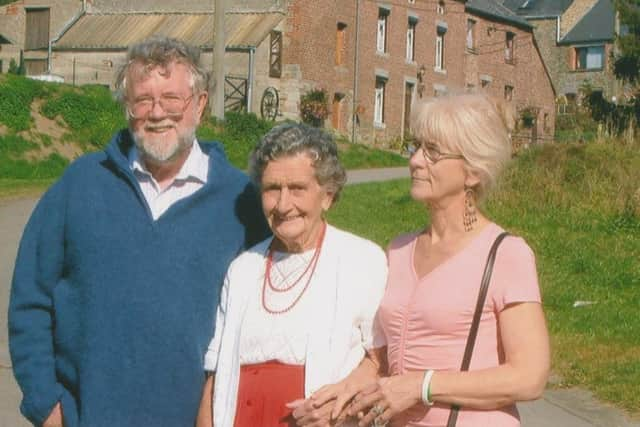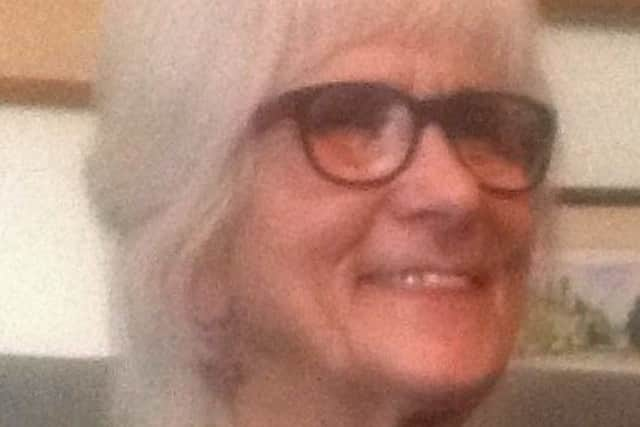Scottish woman with gene mutation feels no pain


Jo Cameron, who lives near Loch Ness in the Highlands, also experiences very little anxiety or fear and may have enhanced wound healing.
The 71-year-old said throughout her life she often did not notice cuts or burns until she could smell burning flesh, and injuries tended to heal very quickly.
Advertisement
Hide AdAdvertisement
Hide AdShe was given the lowest score on a common anxiety scale, and told researchers she never panics, even in dangerous situations such as a recent traffic incident.


The pensioner also reported memory lapses throughout her life, such as forgetting words or keys, which has previously been associated with enhanced endocannabinoid signalling.
She said: “I had no idea until a few years ago that there was anything that unusual about how little pain I feel - I just thought it was normal.
“Learning about it now fascinates me as much as it does anyone else.
“I would be elated if any research into my own genetics could help other people who are suffering.”


She only found out about the condition when she was 65 and sought treatment for an issue with her hip, which turned out to involve severe joint degeneration although she had experienced no pain.
At the age of 66 she had surgery on her hand at Raigmore Hospital in Inverness and reported no pain afterwards, although the treatment is normally very painful.
Speaking on BBC’s Good Morning Scotland, she said: “I went to the GP to ask about what was wrong with me. He asked how much pain I was in, and when I said ‘Mo pain’, he said ‘Well, it’s no use for me referring you because they won’t touch you unless you have pain’.
Advertisement
Hide AdAdvertisement
Hide Ad“This happened numerous times and eventually somebody did decide to ignore the fact that I don’t feel any pain and have an X-ray and found I had a really bad hip but with no pain associated with it.


“I recover very quickly; they said I didn’t need any painkillers afterwards and so obviously the physio can start earlier because it’s usually the pain that stops the physio being successful.
“It didn’t dawn on me, I’m just me. Until somebody questions you, you just assume you’re at the far end of the spectrum - other people who are in great pain and people who are not.
“Because you don’t feel pain, your attitude to life is different and you’re not tense.
“I’m covered in scratches and bumps and cuts because I don’t realise I’ve done something until somebody says ‘Oh, you’ve got a bruise there’ or ‘You’ve burnt yourself there’.”
Dr Devjit Srivastava, an NHS hospital consultant in anaesthesia and pain medicine, diagnosed her pain insensitivity and she was referred to pain geneticists at UCL and the University of Oxford.
Scientists conducted genetic analysis and found two notable mutations, one being a “micro-deletion”, or a tiny bit missing, in a pseudogene, which does not have the full functionality of a regular gene.
The researchers dubbed it FAAH-OUT and also found that Ms Cameron had a mutation in the neighbouring gene that controls the FAAH enzyme.
Advertisement
Hide AdAdvertisement
Hide AdThe FAAH gene is well-known to pain researchers, as it is involved in endocannabinoid signalling which is central to pain sensation, mood and memory.
Scientists have found mice that do not have the FAAH gene have reduced pain sensation, accelerated wound healing, enhanced fear-extinction memory and reduced anxiety.
Dr James Cox, of UCL Medicine, one of the lead authors of the paper, said: “We found this woman has a particular genotype that reduces activity of a gene already considered to be a possible target for pain and anxiety treatments.
“Now that we are uncovering how this newly-identified gene works, we hope to make further progress on new treatment targets.
“We hope that, with time, our findings might contribute to clinical research for post-operative pain and anxiety, and potentially chronic pain, PTSD and wound healing, perhaps involving gene therapy techniques.”
The researchers say it is possible there are more people with the same mutation and urged anyone who does not experience pain to come forward.
The study is published in the British Journal of Anaesthesia.